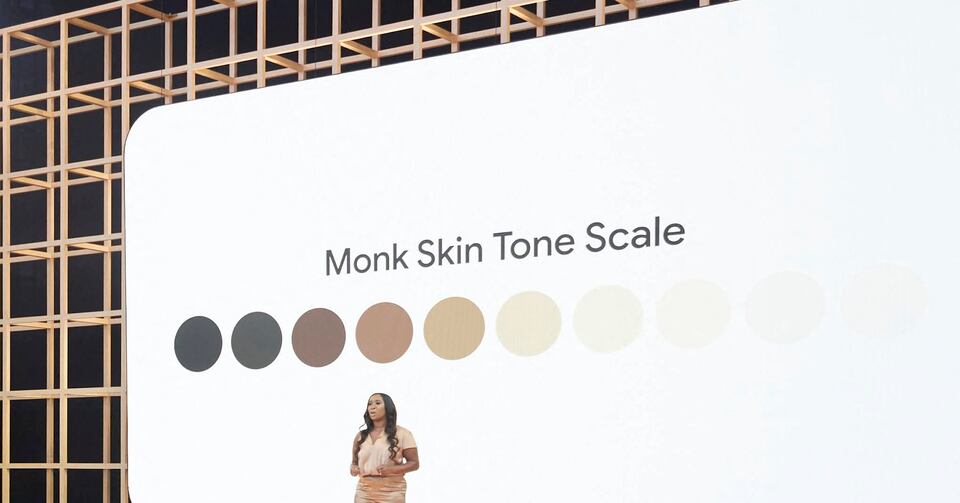On a mission to tackle bias in Artificial Intelligence (AI) algorithms, Google has recently unveiled a groundbreaking approach – the Skin Tone Scale. This innovative tool aims to address the long-standing issue of bias in AI technology, particularly in facial recognition systems. By introducing a standardized scale for measuring skin tone, Google is taking a significant step towards more inclusive and equitable AI development.
The Skin Tone Scale, developed by Google’s AI ethics team, allows researchers and developers to evaluate the performance of AI systems across different skin tones. This is crucial as previous studies have shown that many facial recognition algorithms exhibit higher error rates for darker-skinned individuals, leading to discriminatory outcomes. With the new scale, professionals can now assess how their AI models perform on a diverse range of skin tones, enabling them to identify and rectify any biases present in the system.
One of the key advantages of the Skin Tone Scale is its simplicity and comprehensiveness. By categorizing skin tones into standardized levels, ranging from very light to very dark, researchers can easily classify and compare the performance of AI algorithms across different groups. This not only helps in detecting bias but also provides insights into how to improve the overall accuracy and fairness of AI systems.
Advancing Fairness and Inclusivity in AI Development
The introduction of the Skin Tone Scale marks a significant milestone in the ongoing efforts to promote fairness and inclusivity in AI development. By shining a spotlight on the issue of bias in facial recognition technology, Google is setting a positive example for other tech companies to follow. In a world where AI systems play an increasingly prominent role in various aspects of our lives, it is essential to ensure that these technologies are free from discriminatory practices.
The use of the Skin Tone Scale can have far-reaching implications beyond facial recognition. From healthcare diagnostics to hiring algorithms, AI applications are becoming more prevalent in society, making it crucial to address bias at its core. By incorporating tools like the Skin Tone Scale into the development process, companies can proactively mitigate bias and work towards creating more ethical and inclusive AI solutions.
Enhancing Transparency and Accountability
Transparency and accountability are crucial pillars in the ethical development and deployment of AI technologies. With the Skin Tone Scale, Google is not only…
Empowering developers and researchers with a tangible tool to measure and address bias, but also enhancing transparency in AI systems. By providing a standardized framework for evaluating skin tone representation, the Skin Tone Scale enables greater visibility into the inner workings of AI algorithms, fostering trust and accountability in the development process.
Furthermore, the adoption of the Skin Tone Scale encourages collaboration and knowledge-sharing among industry stakeholders. By establishing a common language for discussing and addressing bias in AI technology, Google is fostering a community-driven approach to creating more inclusive and fair systems. This collective effort towards transparency and accountability is essential for building a sustainable and ethical AI ecosystem that benefits all individuals, regardless of their skin tone.
Driving Ethical Innovation in AI
As the field of AI continues to advance rapidly, ensuring ethical considerations are integrated into every stage of development is paramount. The Skin Tone Scale represents a significant stride towards embedding fairness and inclusivity into AI technologies from the outset. By proactively identifying and mitigating bias, developers can innovate with a conscience, producing AI solutions that serve diverse populations equitably.
Moreover, the impact of the Skin Tone Scale extends beyond the tech industry, influencing societal perceptions and norms. By promoting a more nuanced understanding of skin tone diversity and representation in AI, Google is contributing to a broader conversation on equity and inclusion. This cultural shift towards recognizing and valuing diversity in AI systems has the potential to reshape how technology is designed and utilized, fostering a more just and harmonious digital landscape.










